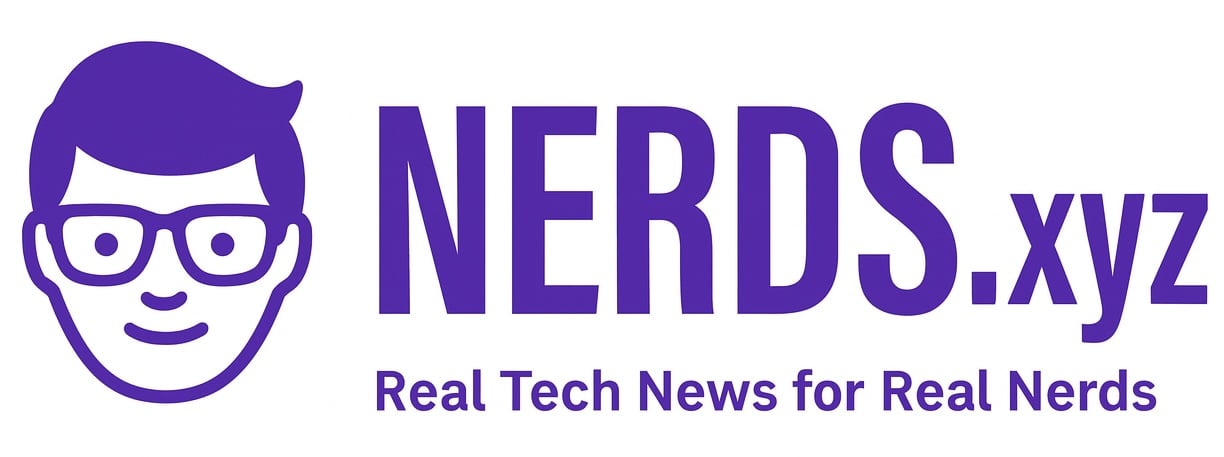
PorteuX 2.3 has landed, folks, and the lightweight Slackware-based Linux distribution is packing quite a few changes. The highlight is the arrival of GNOME 49, which introduces a sleek new terminal called Ptyxis. Impressively, GNOME 49 was only released earlier today, and PorteuX has already folded it into the new version. It’s rare to see a distribution move that quickly. Yeah baby.
For those who build and tinker, the release also improves performance behind the scenes by moving more projects to meson/ninja and adopting the lld linker where possible. The result should be faster and more efficient builds.
Plenty of fixes made the cut this time around. Openbox now starts properly without a desktop environment module, Alt + F4 works in labwc, and the GNOME lock screen shortcut finally behaves as expected. Gpicview now runs under Wayland, and compiler flags have been tuned for smaller and quicker binaries. Webcam support also saw some love.
For developers and packagers, PorteuX refined its build scripts so that every project now has its own SlackBuild. Packages built in-house are tagged with a _porteux suffix, while stripped ones carry a _stripped label. GNOME extensions in the current branch can now be removed cleanly with removepkg, which makes maintenance simpler. Nvidia driver stripping has also been tightened up.
On the additions side, fastfetch and nano are now part of the core, while libheif shows up in the xtra set. GNOME users will notice ibus, libfyaml, and Ptyxis added to the mix. On the other hand, tools like hyfetch, unrar, libcaca, twolame, and a batch of older GNOME libraries have been cut. Some codec executables have also been removed since ffmpeg covers the same ground. Outdated GPU drivers that lacked SSE4 support were dropped as well.
Kernel 6.16.7 anchors this release, with Nvidia’s driver bumped to version 580.82.09. Desktop environments saw updates too, including Cinnamon 6.4.12, KDE Plasma 6.4.5, and GNOME 49.0 in the current branch. Many other packages across stable and current were refreshed to match upstream.
PorteuX continues to refine itself as a lean yet capable distribution. Users who value performance and clarity in packaging will likely appreciate these changes. You can download an ISO from GitHub now.


